Courses

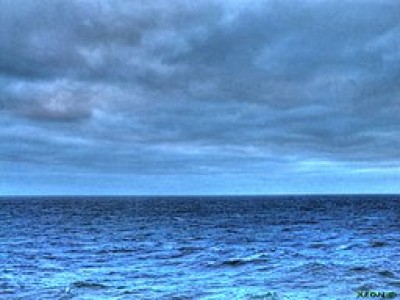
 Compare
Compare
Imagine living in a world ruled by dihydrogen oxide, a compound with no taste or smell and so changeable that it is usually benign but at other times quickly fatal. It can burn or freeze you. It can form carbonic acids so nasty that it strips leaves from trees and eats faces off statues. Even for those who live with it, it is often murderous. We call it water.
0 Lessons
Hours
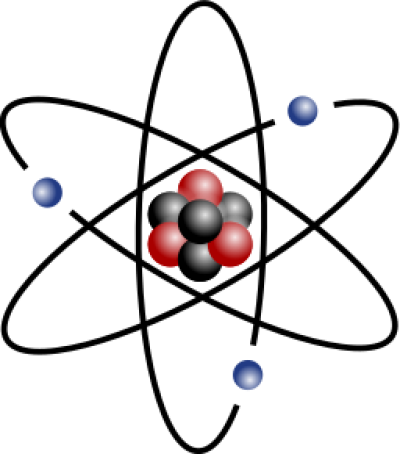
 Compare
Compare
The physicist Richard Feynman once said that if you had to reduce scientific history to one statement it would be “All things are made of atoms.”
0 Lessons
Hours
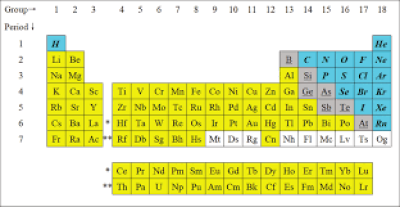
 Compare
Compare
In the early 1800s in England, there was a new fashion: inhaling nitrous oxide, or laughing gas. For the next half century it would be the drug of choice for young people. Theaters put on ‘laughing gas evenings’ where volunteers could get a thrill free of charge by inhaling the gas and then entertaining the audience by laughing, falling over and so on. It was the early 19th century version of crazy YouTube videos. It wasn’t until 1846 that anyone found a practical use for nitrous oxide, as an anesthetic.
0 Lessons
Hours
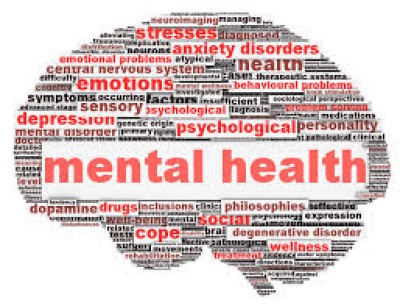
 Compare
Compare
At the same time as Sigmund Freud was delving deep into his patients’ and his own unconscious trying to uncover the roots of difficulties in living so that they and he could face up to them and move on with their lives, others were more concerned with socially unacceptable behaviour and signs of deep misery on our streets. For them, the priority was to put a stop to the symptoms by surgery or administering drugs. In other words, it was the signs and the behavior they wished to fight, rather than the deep-rooted causes.
0 Lessons
Hours
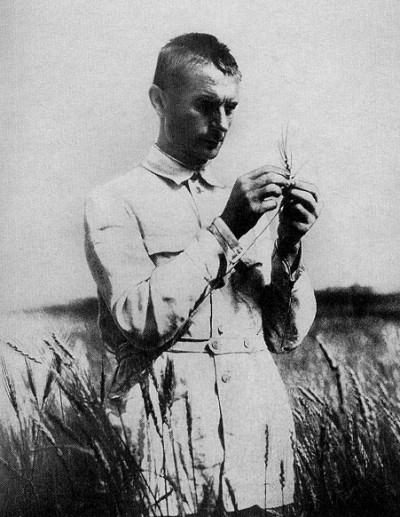
 Compare
Compare
After the Russian Revolution of 1917, the Soviet Union became communist, different in every way from powerful capitalist nations, like the United States of America, Great Britain and France.
0 Lessons
Hours

 Compare
Compare
As the 19th century ended, scientists could be happy they’d solved most mysteries of the physical world: electricity, magnetism, gases, acoustics and statistical mechanics, all had fallen before them. They had discovered the X-ray, the electron, and radioactivity, invented the ohm, the watt, the Kelvin, the joule, and the amp. Many people believed there was nothing left for science to do.
0 Lessons
Hours
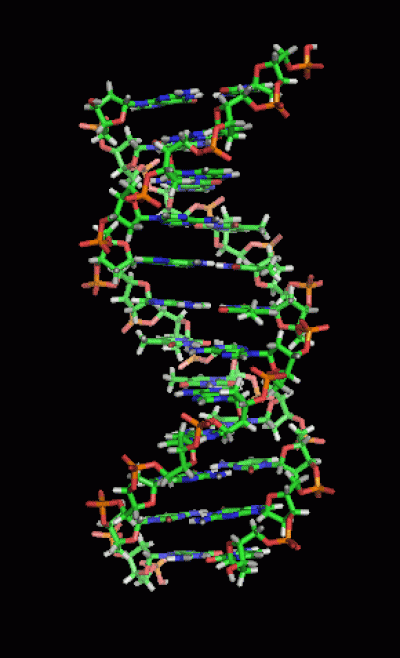
 Compare
Compare
If your parents hadn’t had sex just when they did—possibly to the second, you wouldn’t be here. And if their parents hadn’t bonded in the same timely way, the same is true. Go back in time and your ancestors begin to add up. Look at just eight generations to about the time that Ishwar Chandra Vidyasagar was born, and already there are over 250 people on whose sexual habits your life depends. Go further, to the time of Shakespeare, and you have 16,384 ancestors.
0 Lessons
Hours
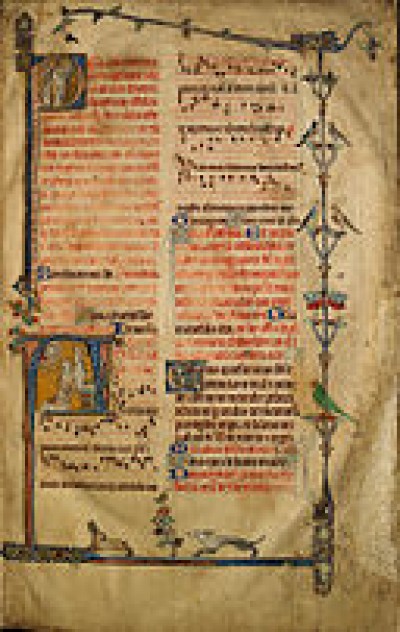
 Compare
Compare
It is hard these days to imagine the importance of Christianity in England six hundred years ago – indeed, all over Europe. The Roman Catholic Church was everywhere: in education (which was only concerned with the teaching of Latin, Greek and religion by priests), in politics (where many government ministers and even rulers of some countries were priests), even in social life. In fact, it was not just advisable for the English to attend church on Sundays, it was mandatory.
0 Lessons
Hours

 Compare
Compare
We can perhaps date the Enlightenment, that period in British history when ignorance and religious superstition began to be replaced by scientific enquiry and logical reasoning, to the establishment of the Royal Society in London in 1660. Its purpose was to advance understanding of the world around us, whether physical or social, through the pursuit of knowledge. John Locke, the Scottish philosopher, writing in the 1670s and ‘80s, in his most important work, ‘An Essay Concerning Human Understanding’, said that if language could be used more clearly, then all argument and conflict would just fall away.
0 Lessons
Hours